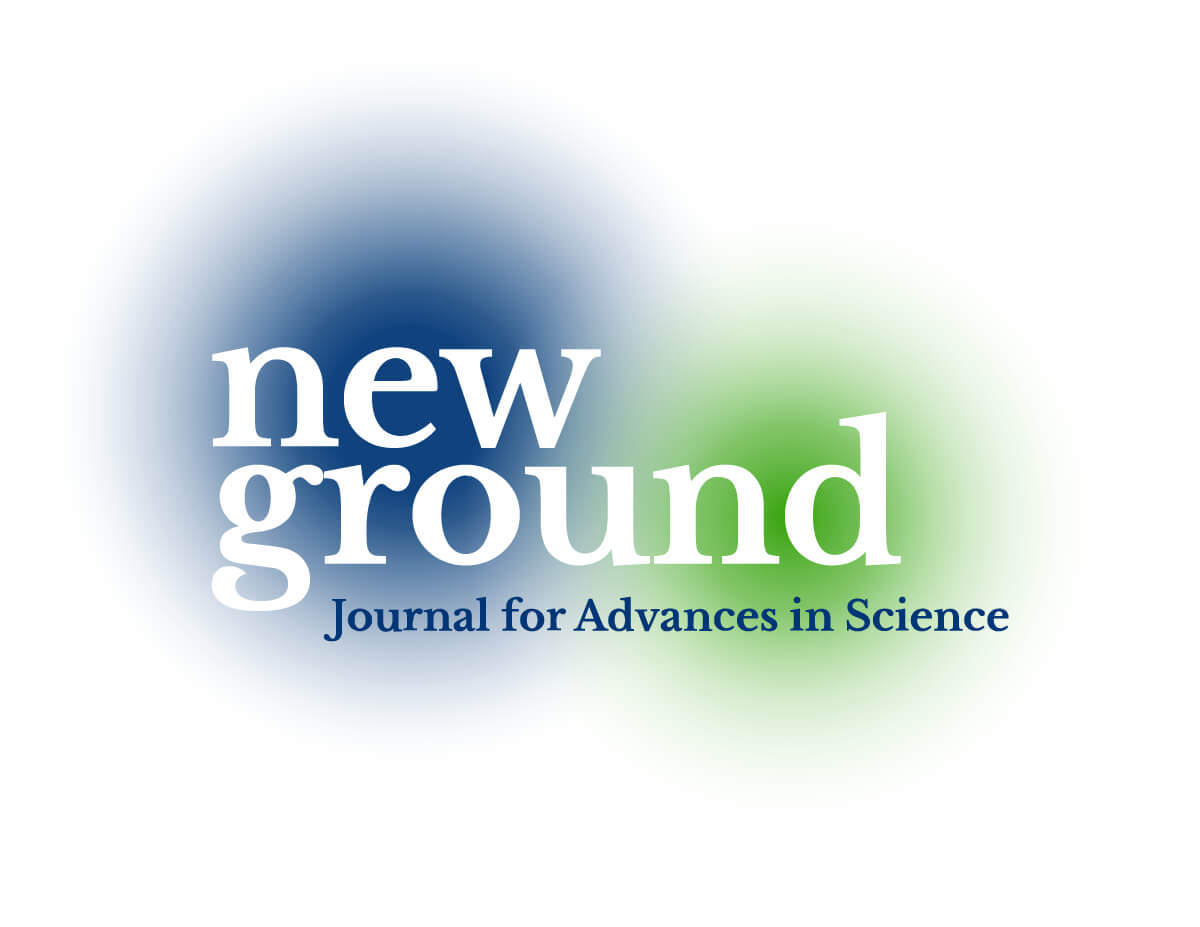Special Issue – Call for editors
October 15, 2023 | New Ground is opening its call for editors. New Ground’s in-depth coverage of scientific findings and broader topics informs societal knowledge actors: individuals or entities that play active roles in generating, disseminating, teaching, supporting, or applying scientific knowledge. These actors include scientists, institutions, funding agencies, policymakers, science communicators, journalists, and educated citizens.
New Ground readers are seeking in-depth information and solid overviews of topical subjects. They can be expected to have an academic background, although from a variety of fields, and previous knowledge of the covered topics.
New Ground draws on original work published in peer-reviewed journals to report in-depth on science. The role of New Ground editors is to turn manuscripts, written by scientists, into in-depth articles that satisfy the information needs of New Ground’s readership clearly and concisely.
Therefore, unlike the editors of traditional scholarly journals, New Ground editors are not meant to assess the quality or comprehensiveness of manuscripts in terms of the science that these present, and they are not required to be specialists in the respective fields. Instead, New Ground editors can rely on the expertise and trustworthiness of both the respective authors and the commissioning scientists or institutions. But when they encounter quality issues, they will have to address them.
If you can contribute with your expertise to inform the New Ground readership, join New Ground’s editorial board.
- This call is open continuously, until further notice.
- At the moment (October 2023), we are preparing Special Issues in the fields of climate science, digital society, and neuroimmunology.
- To apply, please send us an informal email at editorial-board@new-ground.com and let us know about your background. We will then get back to you to discuss further and attach the “New Ground guidelines for editors”.
- Term: flexible. Two years is recommended.
- Compensation: Editors at New Ground are unpaid volunteers to keep publication costs to a minimum. Each New Ground article gives credits to the handling editors.
- Onboarding: Editors can expect an individual onboarding process. Continuous support by the New Ground team is available whenever needed.
Role description
New Ground articles are commissioned by scientists or institutions. Authors of New Ground articles are appointed by the commissioning scientists and institutions, in consultation with New Ground, and are experienced scientists in the respective fields. New Ground articles are published once agreement on their final version has been established between the commissioning scientists / institutions, the author, the editor (you), and New Ground. In practice, establishing such an agreement is a smooth process and less complicated than it sounds. Exceptions apply; in rare cases, New Ground will enforce its editorial guidelines which ultimately may result in non-publication of articles.
Editors handle the incoming manuscripts: They communicate with the authors, edit the manuscripts to fit the needs of the New Ground readership, and contribute to establishing agreement about their final version between all parties involved.
What editing of New Ground articles is not: New Ground editors are not meant to assess the quality or comprehensiveness of manuscripts in terms of the science that these present. Instead, editors can rely on the expertise and trustworthiness of both the respective authors and the commissioning scientists or institutions. But when they encounter quality issues, they will have to address them.
Workload
Once assigned a manuscript, editors should be able to manage the overall editing process within eight weeks. The most intense part of the editing effort should take place during the first two weeks. The overall editing process also includes establishing agreement on the final text between the commissioning scientists / institutions, the author, the editor, and New Ground. Establishing agreement typically involves minor follow-up editorial work during the eight-week period.
Editors can reject the assignment of a manuscript, for whatever reason. However, if they have doubts about the quality of the manuscript, they should let us know. They also should notify us when they know about unavailabilities beforehand.
Workflow
The workflow starts when New Ground asks you to handle a specific manuscript.
- When asked to handle a manuscript, you should read it thoroughly and only accept the assignment if you have the time and interest to engage deeply with the text. You should let us know about your acceptance within 3 working days.
- You should then edit the manuscript within 2 weeks. This period involves your communication with the author to clarify your questions. You possibly may also want to consult with other editors or New Ground
- Once there is an agreement between you and the author, New Ground will take over and ask the commissioning scientist / institution for final approval. Any change requests at this stage, New Ground will handle them in consultation with all parties involved. Final approval by the commissioning scientist / institution typically requires applying some minor editorial changes to the text.
- Once the text is finally approved, it will be proofread (American English, Chicago Style) and layouted.
- New Ground will then ask all involved parties for final approval of the text in its layouted and proofread version. Any change requests at this stage, New Ground will handle them in consultation with all parties involved.
Requirements
A Ph.D. degree or solid experience as a doctoral student, as well as writing skills. Demonstrable previous experience as a writer is appreciated but not strictly necessary.
Decision
The final decision on the selection of new editors will be made by New Ground.
Questions?
Should you have any questions, please send an email to editorial-board@new-ground.com.
